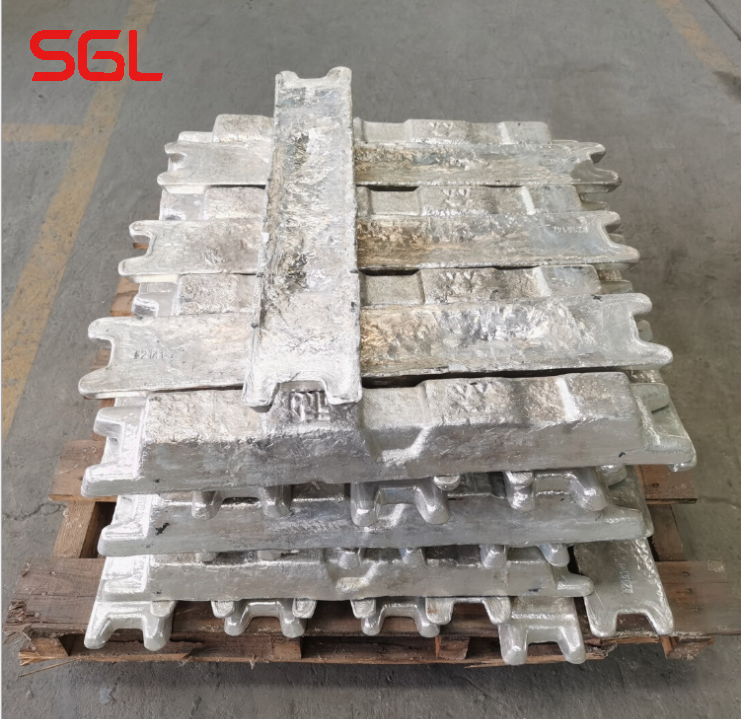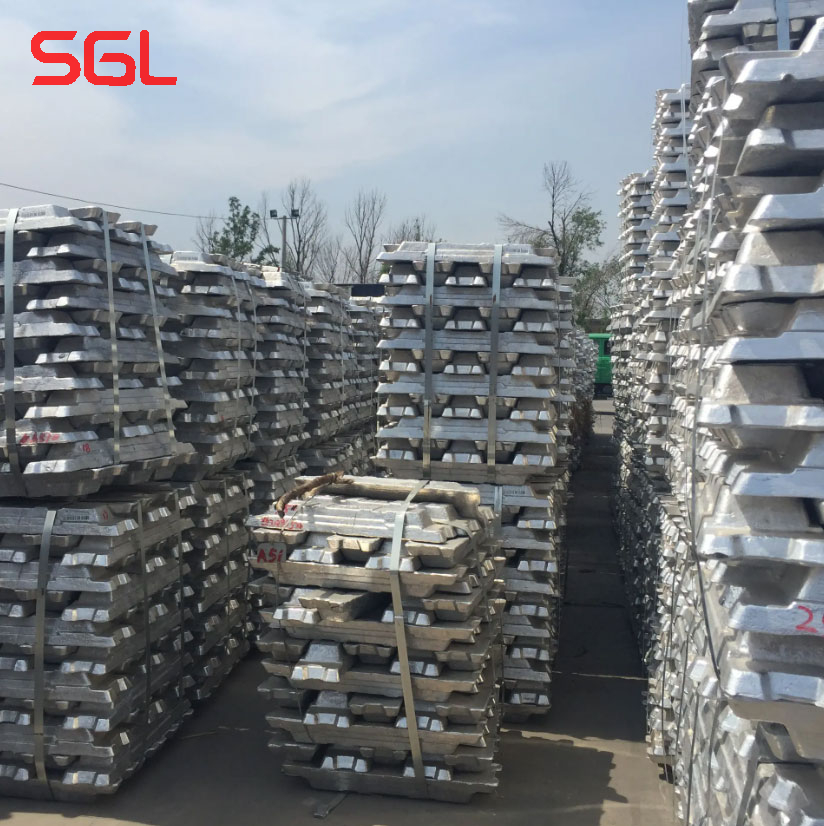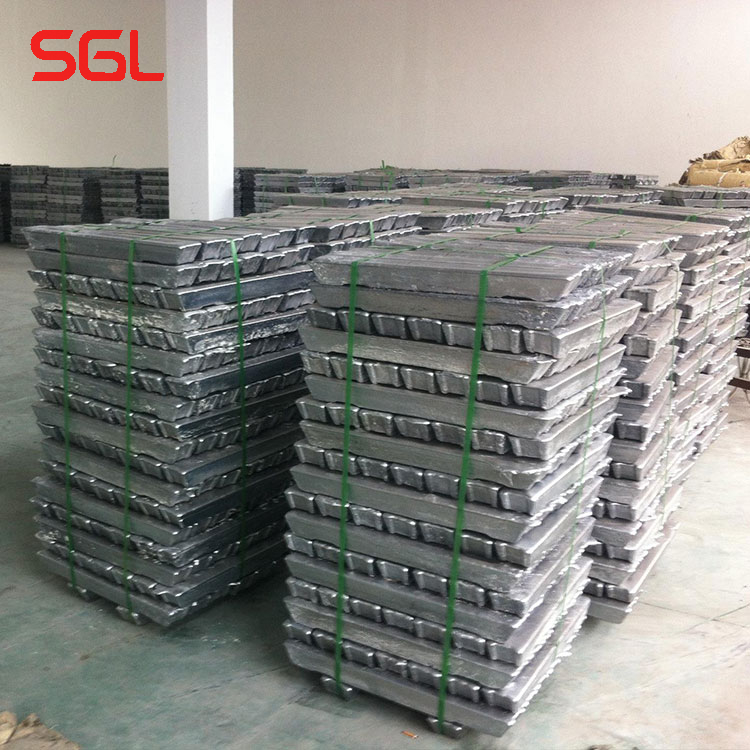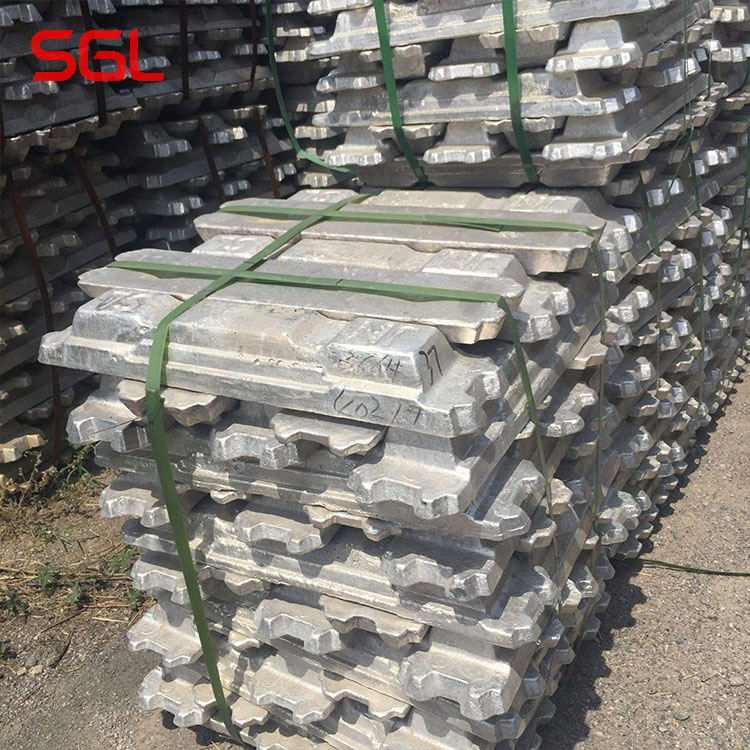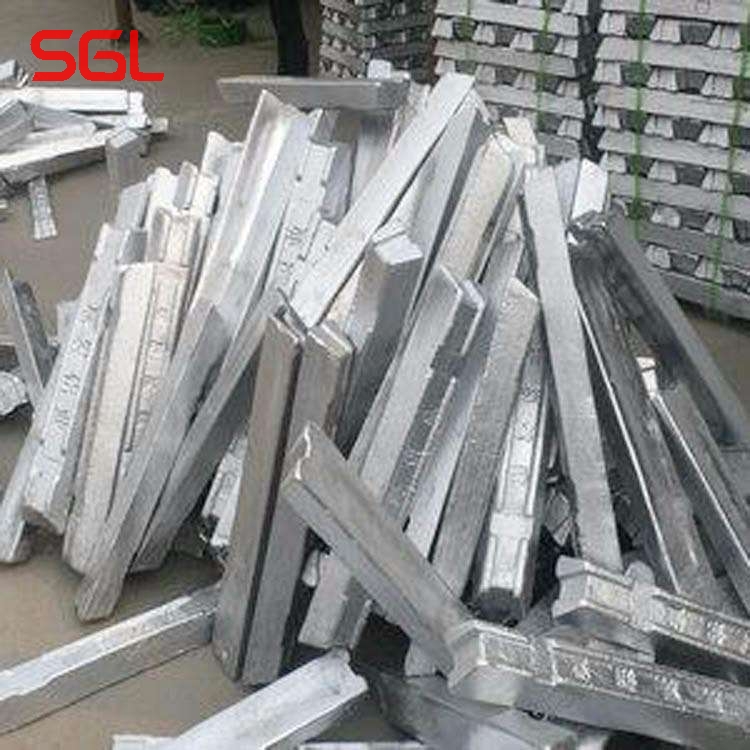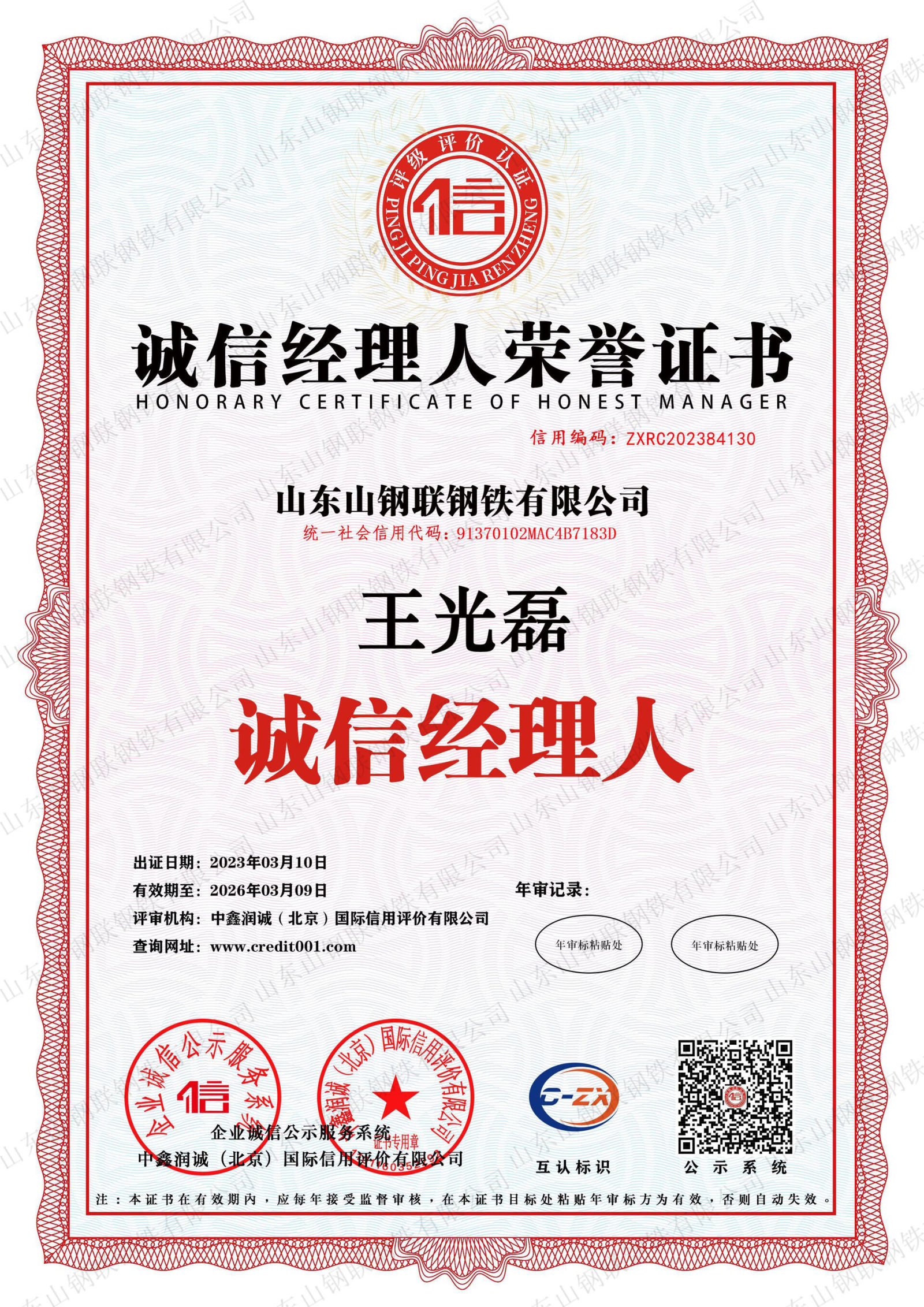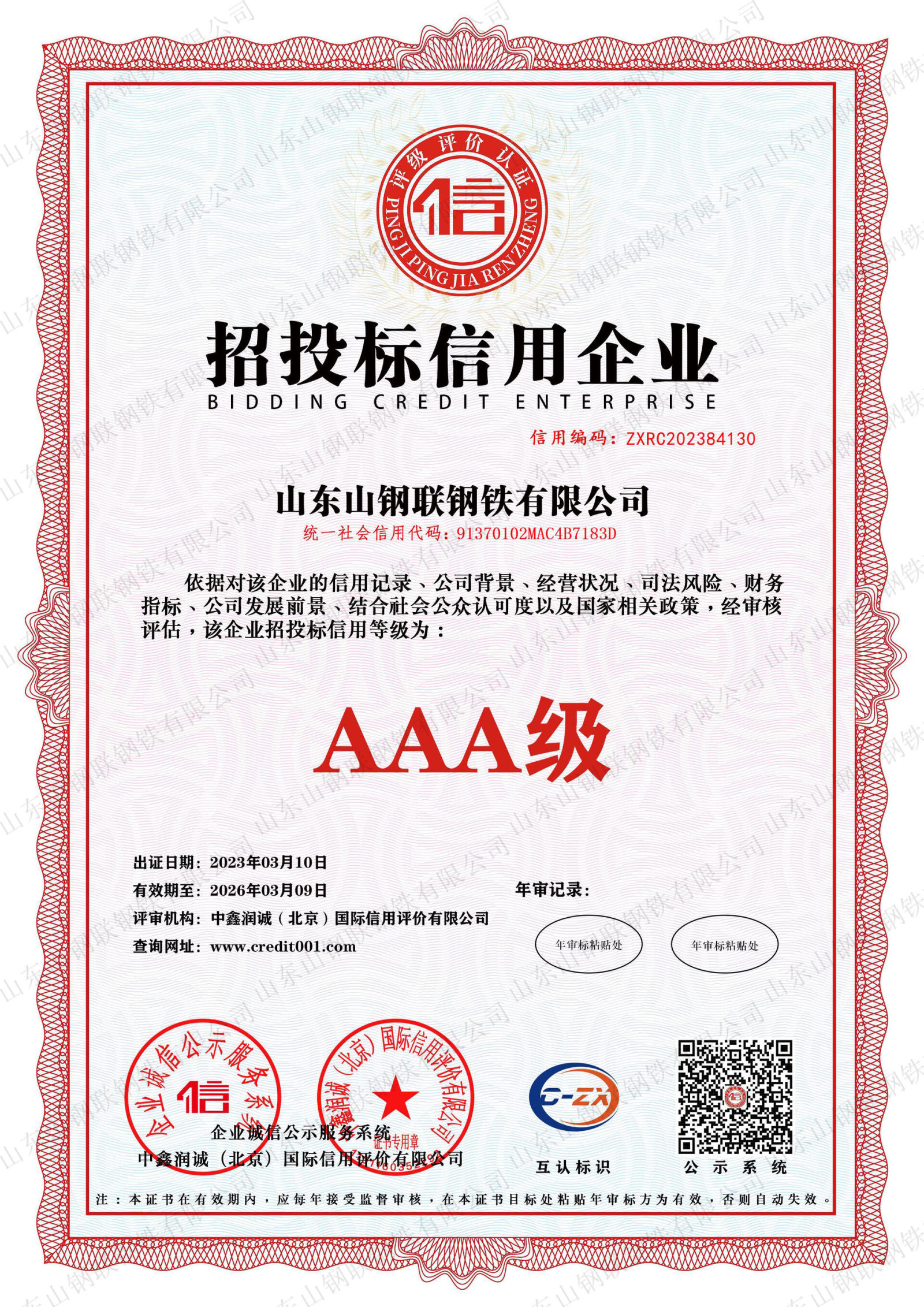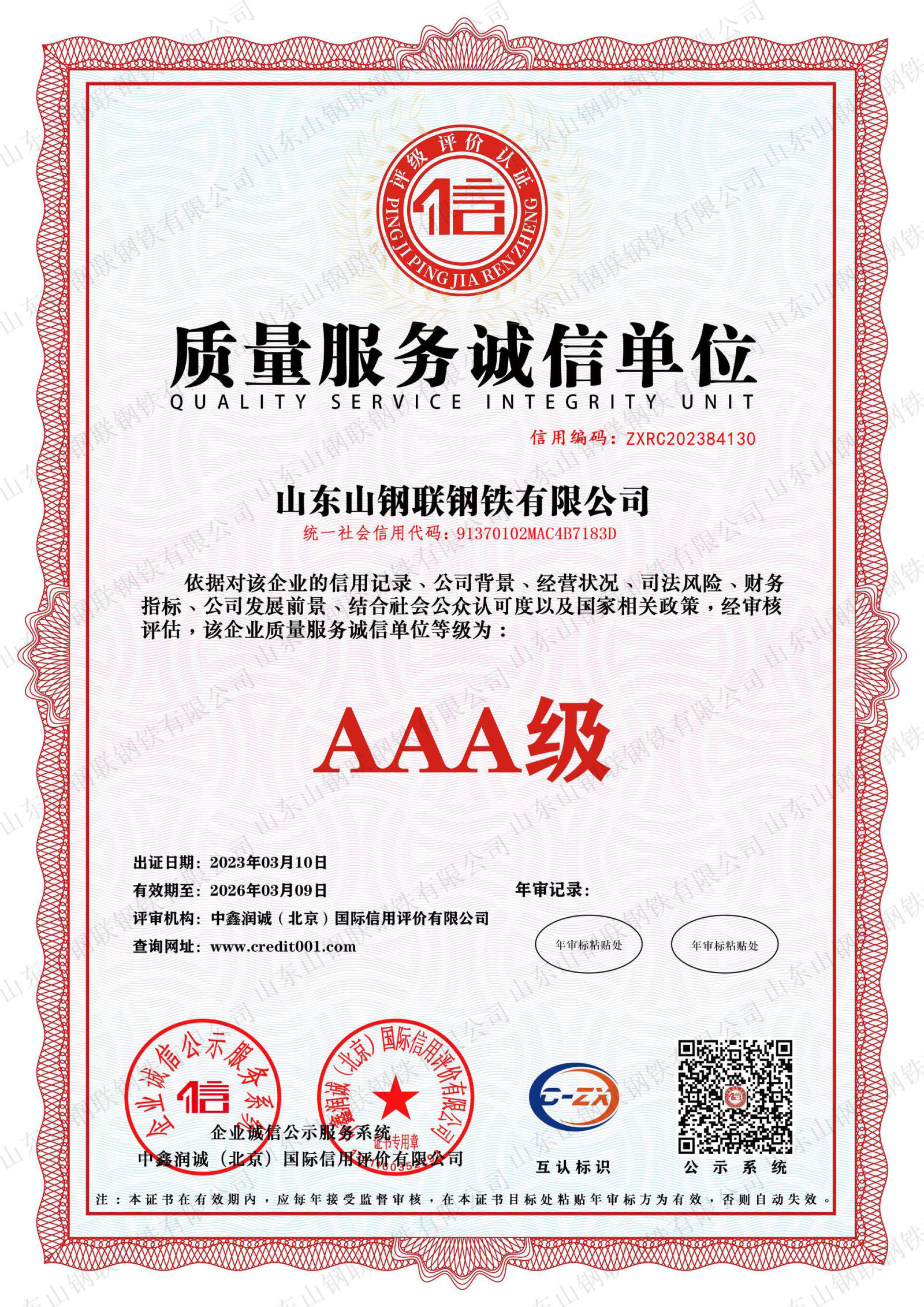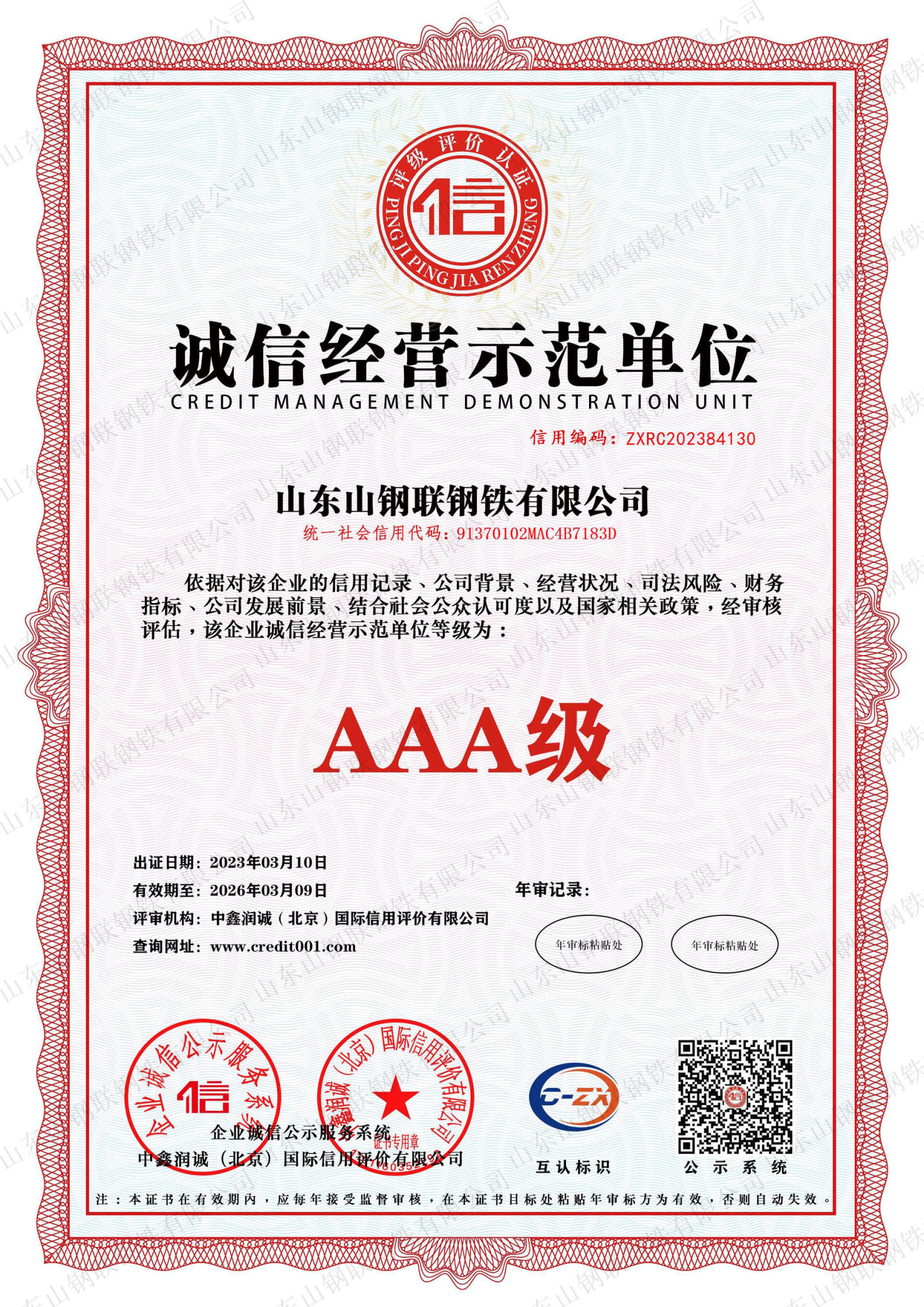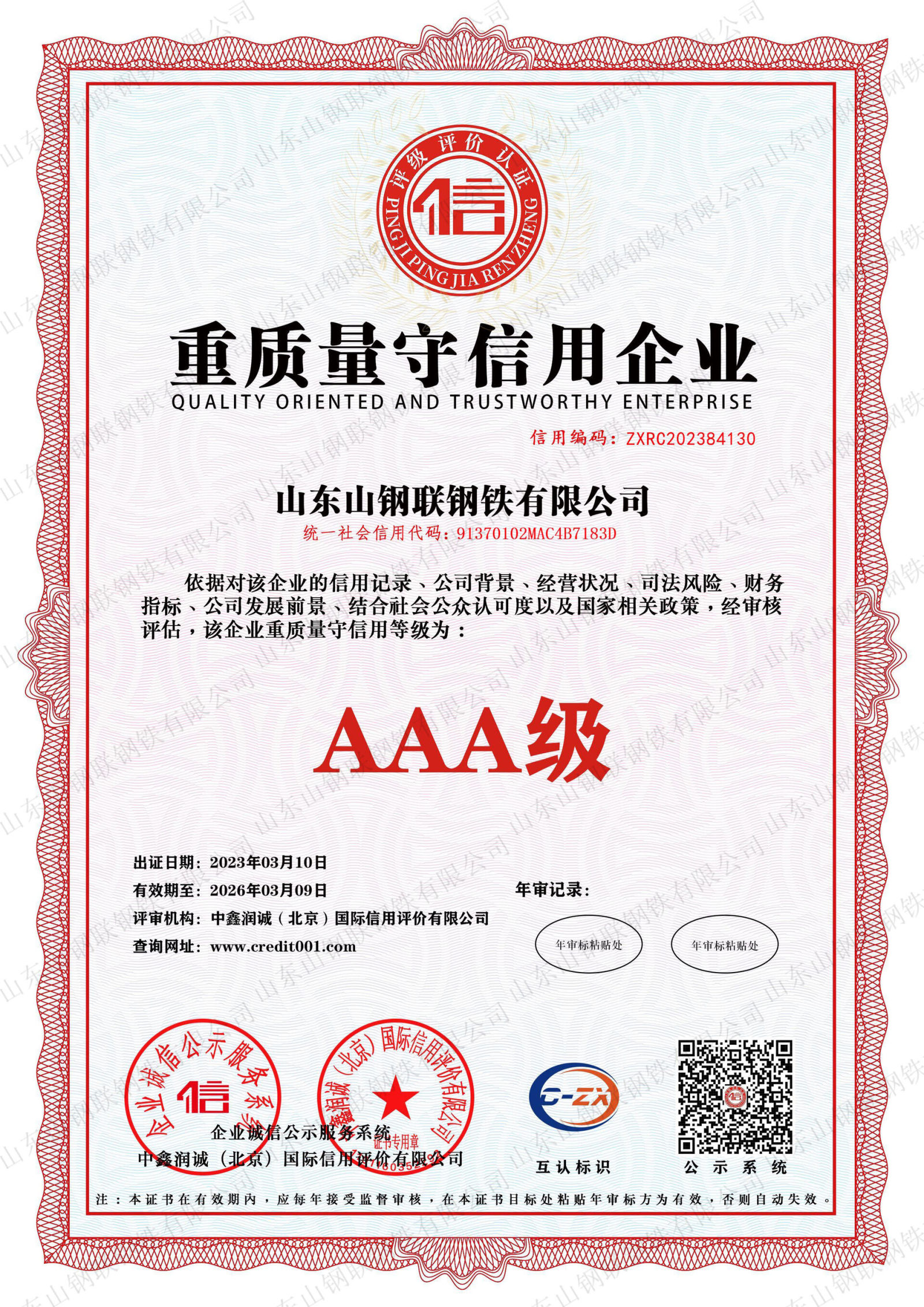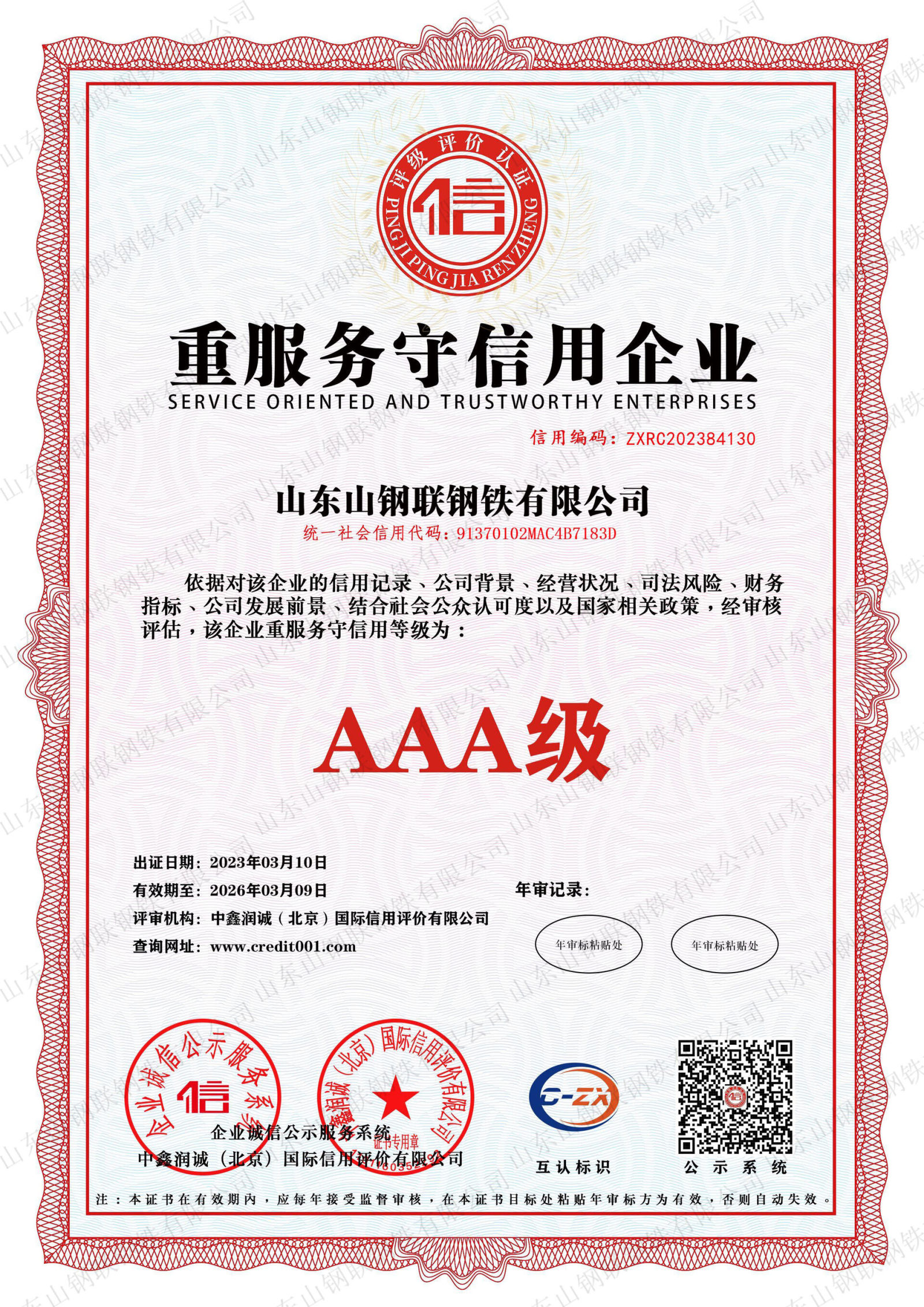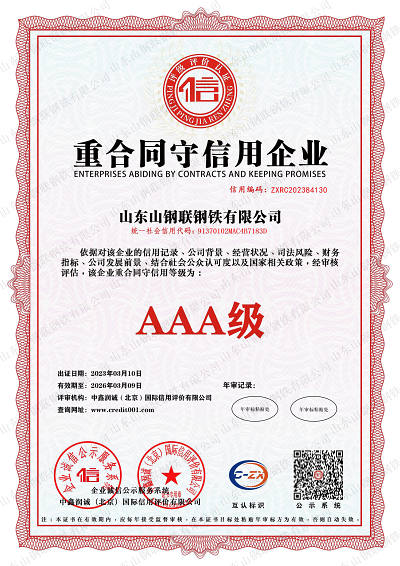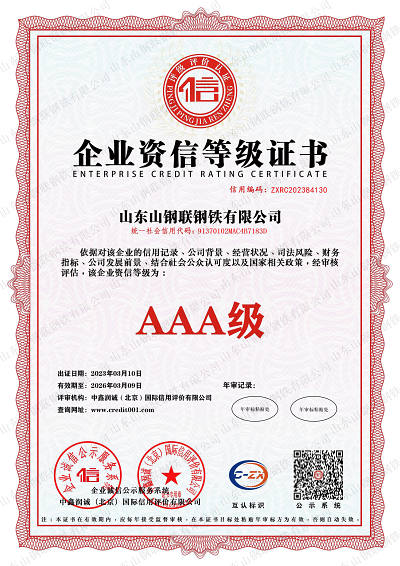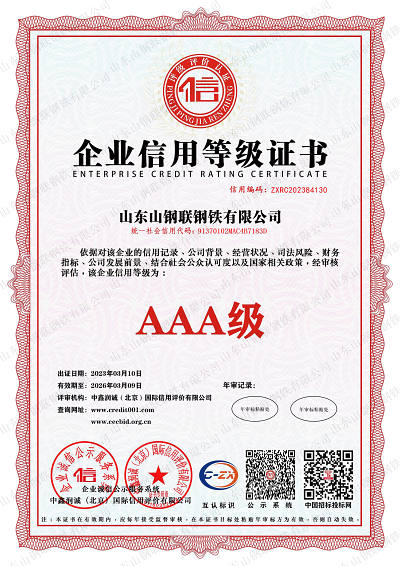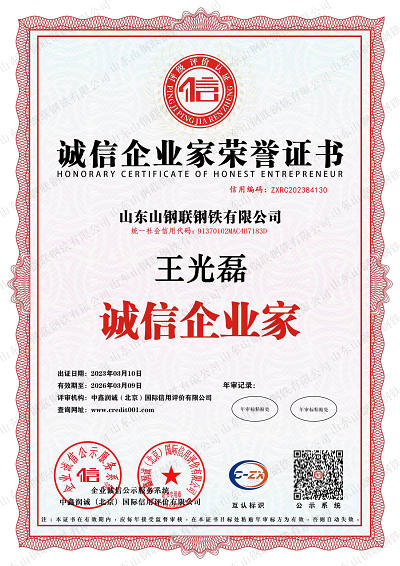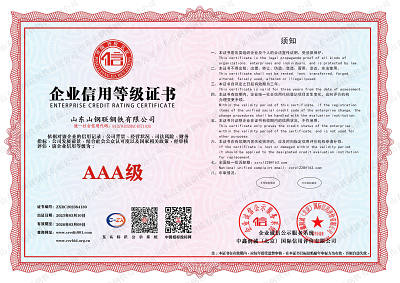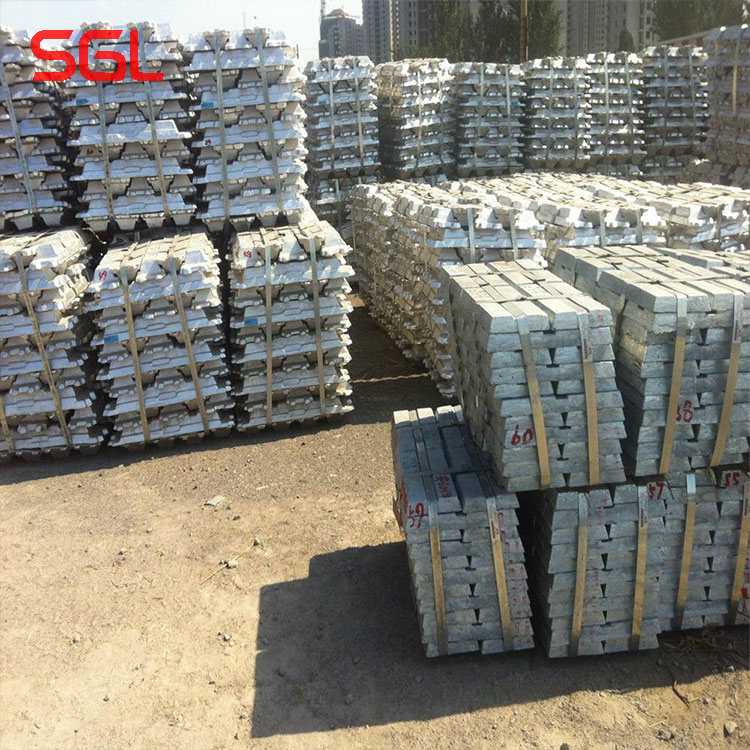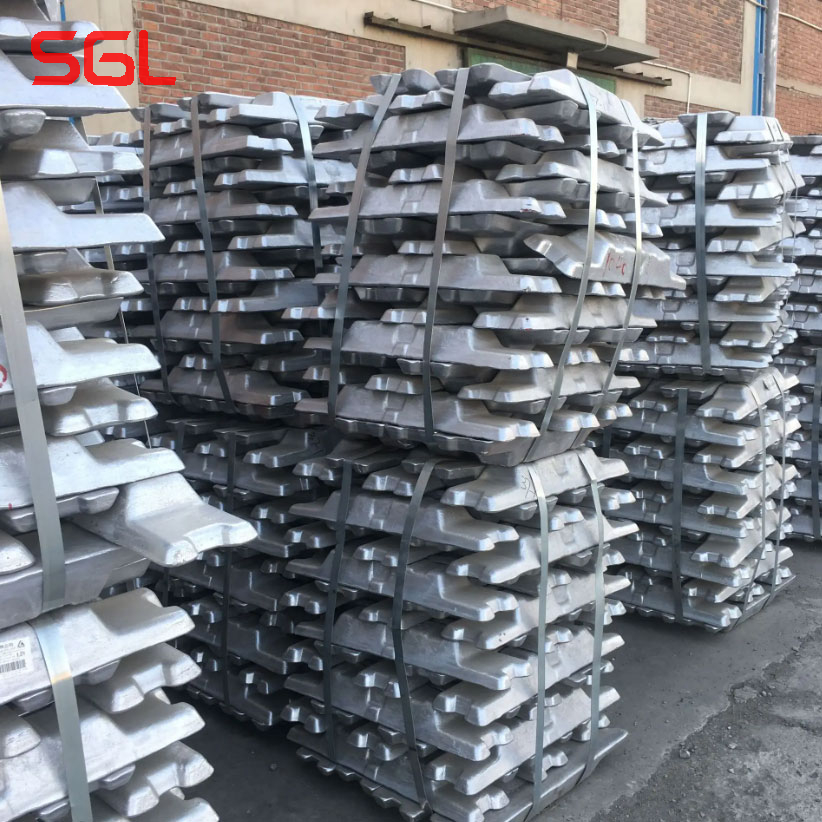
PRODUCTS
Aluminium ingot is a unit of measurement with a fixed size and a fixed purity. It is produced by electrolysis from alumina-cryolite, and there are two categories of aluminum ingots after they enter into industrial applications: cast aluminum alloys and deformed aluminum alloys. Cast aluminum and aluminum alloys are castings produced by casting methods; wrought aluminum and aluminum alloys are processed products produced by pressure processing methods: plates, strips, foils, tubes, bars, shapes, wires, and forgings. According to the national standard "Aluminum ingots for remelting are divided into 8 grades according to chemical composition, namely Al99.90, Al99.85, Al99.70, Al99.60, Al99.50, Al99.00, Al99.7E, Al99. 6E.
Aluminum ingots are widely used in construction, power, packaging, transportation and daily consumer goods, etc.
Classification of aluminum ingots
Aluminum ingots can be divided into three types: aluminum ingots for remelting, high-purity aluminum ingots and aluminum alloy ingots according to different components; according to shape and size, they can be divided into strip ingots, round ingots, plate ingots, and T-shaped ingots.
Several common aluminum ingots
Aluminum ingot for remelting--15kg, 20kg (≤99.80%Al)
T-shaped aluminum ingot--500kg, 1000kg (≤99.80%Al)
High-purity aluminum ingot--l0kg, 15kg (99.90%~99.999%Al)
Aluminum alloy ingot--10kg, 15kg (Al--Si, Al--Cu, Al--Mg)
Plate ingot--500~1000kg (for plate making)
Round ingot--30~60kg (for wire drawing)
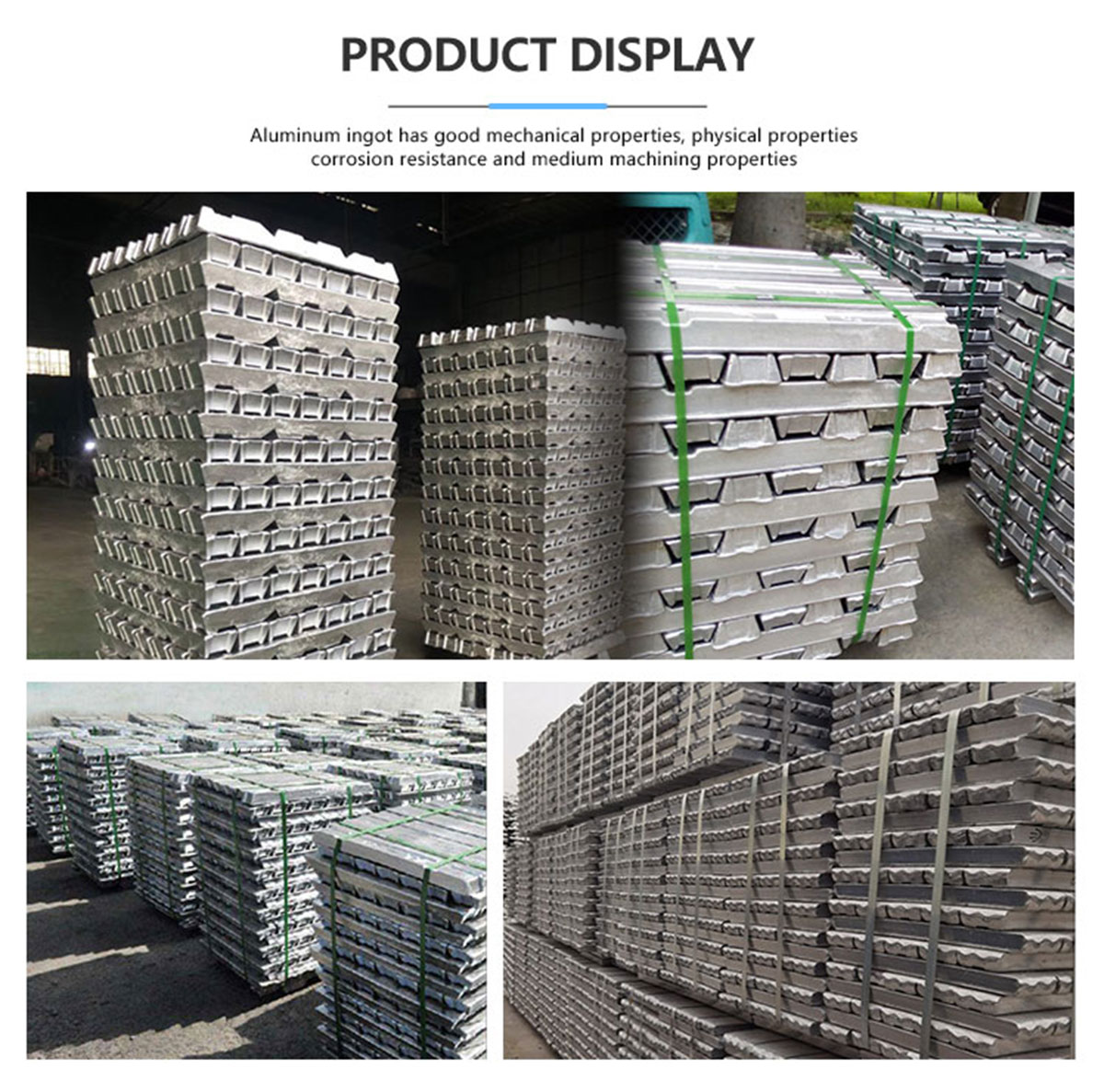



Chat Online
